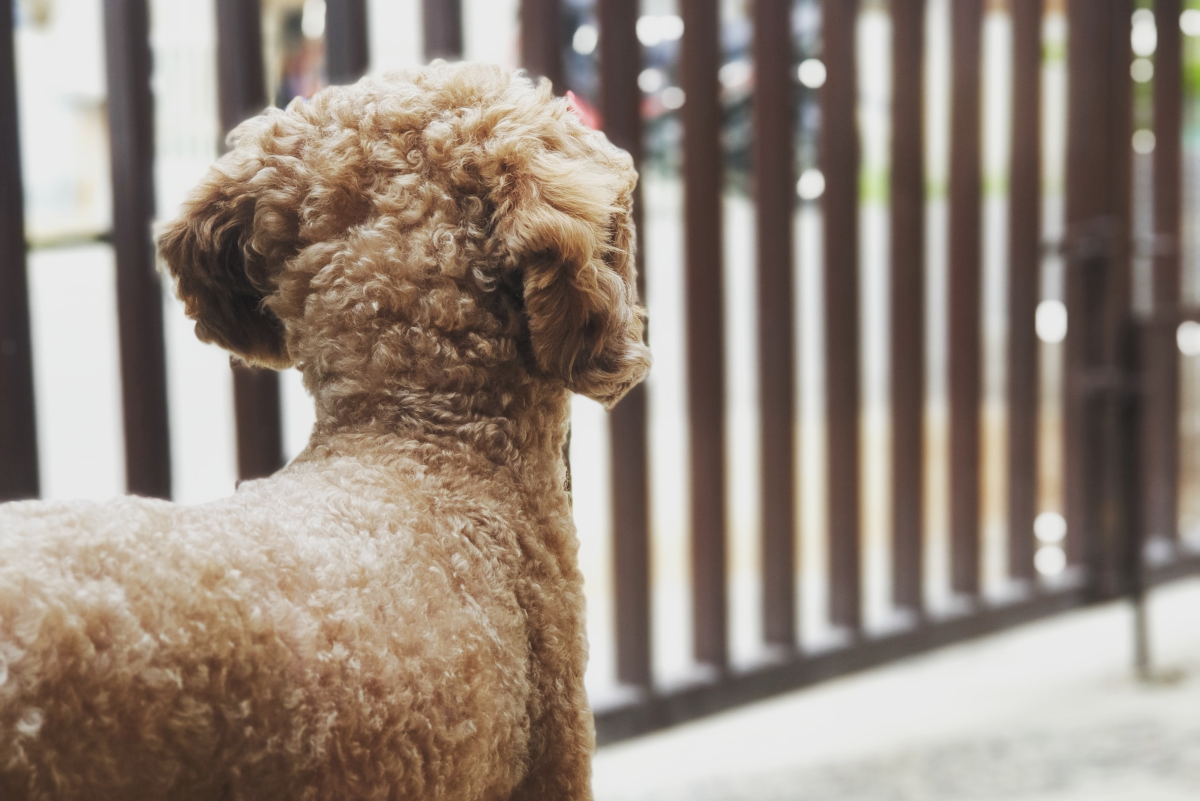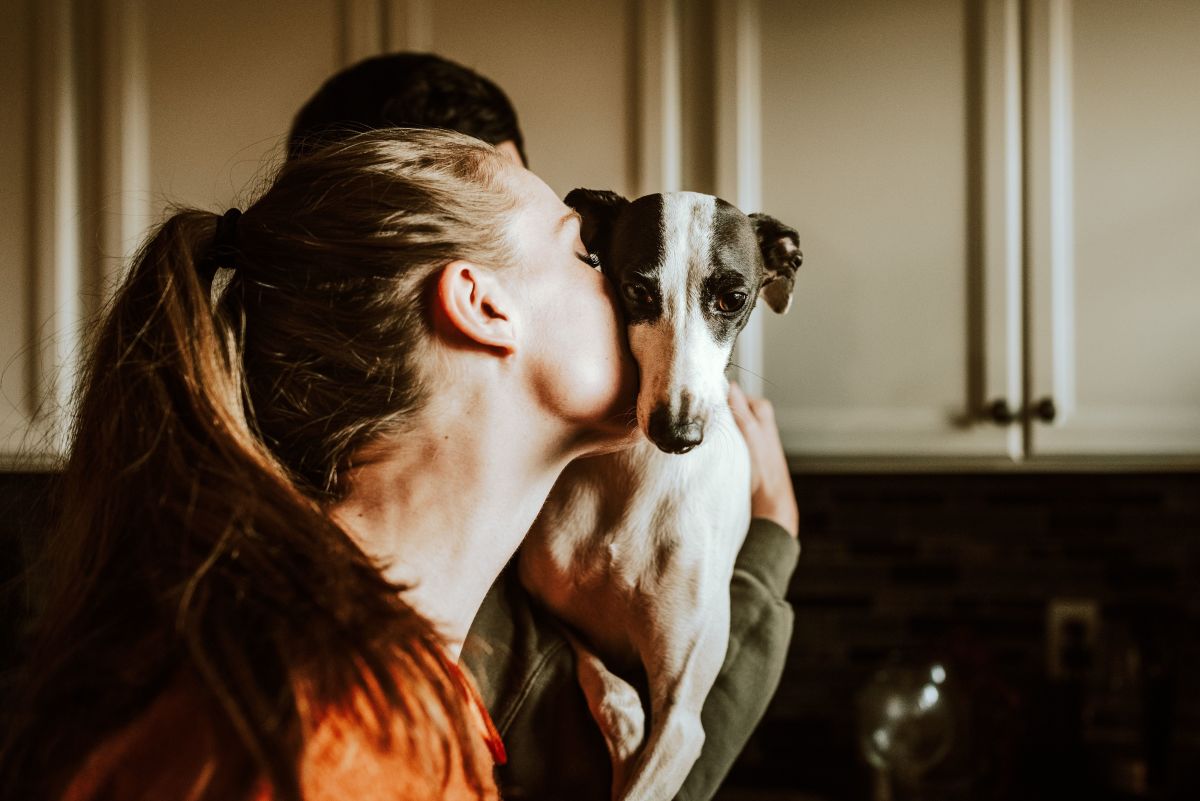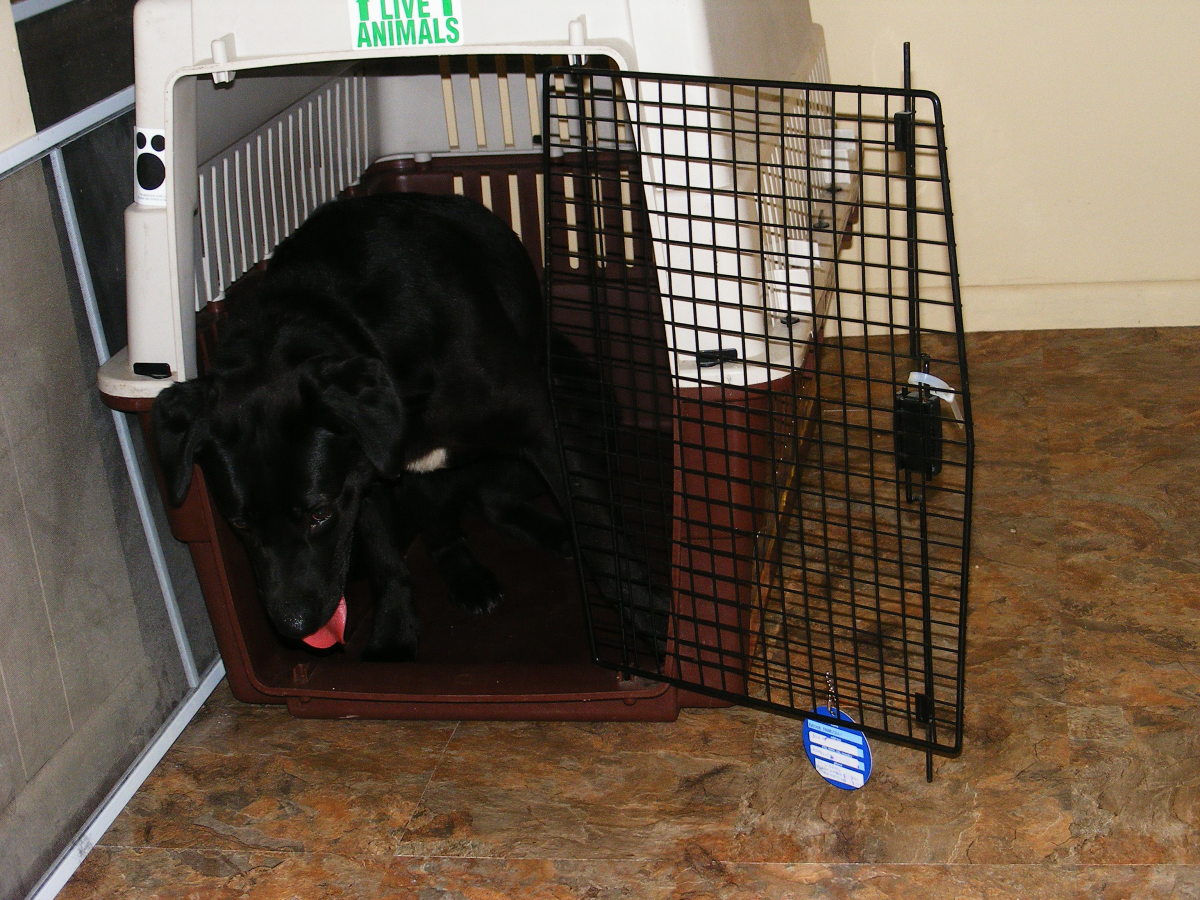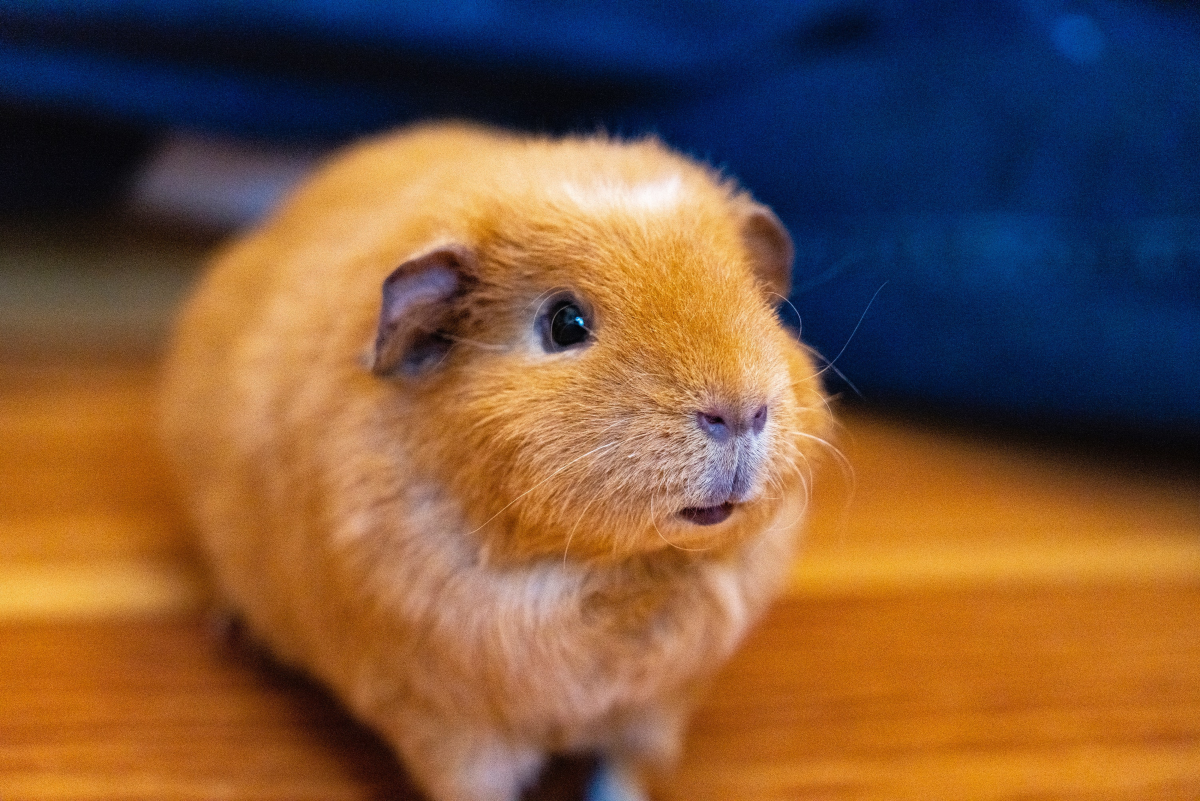What To Know When Boarding Your Dog
Finding The Best Boarding For Your Dog
I only boarded my golden retriever once before he passed away many years before and it was a nightmare. Used to going on driving vacations with the family, when my parents wanted to go to Hawaii, and my grandmother then suffering with lung cancer couldn't come to watch the dog for the eight days of our vacation, the dog that I had since I was five years old was staring at me with huge brown eyes pleading as I left him at the our vet's office and promised him that I would come back in a week and pick him up in my first car as a teenager.
I hated leaving my dog, and in the day before cell phones, although I had trusted my vet and taken my dog there for years, coming back to pick him up and getting an update that he was so upset for the week he didn't want to eat, he wouldn't play with other dogs, and that he sulked in the corner for days made me really consider the emotional impact on a pet when the owner is gone on a vacation or away for work.
Since taking a part time job at a dog boarding facility on the weekend associated with my husband's work, I have seen the same look I know I had on the face of clients that are bringing in their fur child for a week or more of boarding.
How can they know that their pets needs will be met? Will they be properly supervised? What wavers and liability do they assume if their pet is hurt or injures a staff member or another dog?
How does the facility handle medication giving? How often are the dogs alone?
When alone in the kennel are the crates properly put together? Are they spaced far apart to prevent dog aggression in the cage rooms?
With many dog sitting services and boarding and daycare facilities to chose from, finding the right match for your pet might be trial and error.
Ask for recommendations from people you know, pet websites, and your vet is they don't offer onsite boarding themselves.
Know your pet must be current on their vaccinations and have copies to provide.
Prepare to actually come see the facility where your dog will be kept.

To ensure the best care of your fur baby, ask questions. Insists on seeing the facility, the cage rooms, the other dogs that are present. Meet the staff and and ask questions about how long the animals will be alone and if there will always be someone with them to supervise when they interact with other dogs. Ask if they will be walked outside and ask to see the area and if they with have their own leash used, or if let into a outdoor dog run, examine for holes in the fence or places to dig out.
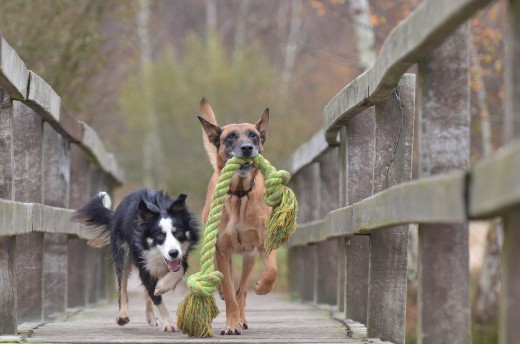
See The Kennel Rooms, Meet The Staff
In the few months I have been working at the boarding facility, I have seen many repeat visiting dogs, and many first time dogs. Fortunately the place I work also offers doggy daycare, so many of the dogs are already acquainted and have little issue with being walked to the play area where the dogs are then divided up into supervised groups, both by sizes and knowing who plays well with other dogs, who likes to be in a more relaxed environment, etc.
I have seen the look of fear on a pet parents face dropping off their previous pup for the first time and not knowing how well they are going to be taken care of.
When meeting a dog for the first time, the facility owner that I work for insists that they come for a test day to find out how they interact with other pets knowing the daily dogs that are there for daycare are all pretty well behaved with each other and should be a best marker if a dog will be too scared to board.
The boss also takes down all the necessary information on their diet, allergies, how much they eat, if they take medications, how often they are used to being walked, groomed, and their general personality.
We show the crate rooms where the dogs will be staying, the facility I work at offering a crate room for the smaller and senior dogs that is separate than the often boisterous room of the younger dogs. Ask if all pets must show current vaccination records, how troublemakers will be dealt with.
Ask to see the play areas and outdoor areas to make sure that your pet will be safe when outside.
If possible meet as many members of the staff as are there and find out how often your pet will be attended to. Does everyone punch out at five and then the dogs are alone all night in a crate?
The way the facility I work for handles this is by having three shifts, depending on the amount of dogs, someone or several people will be on hand with the dogs from early morning until about noon. Then the next shift is with the dogs until dinner time, making sure they are fed and settled in their kennels, with a final shift coming to walk the dogs late in the evening assuring the animals are never alone for more than a few hours at a time.
Check out the crates. Are they in good condition with no chewed corners where a dog could be injured? Ask how they clean their crates and how communal toys and areas are sanitized.
Bring your dog when touring the boarding facility. While a dog may be confused or scared with the unfamiliar environment, if they are showing signs of aggression or seem to scared that they might not be OK after adjusting, this might not be the right solution for your pet.

Knowing The Routines
Find out the routines or what time staff will be arriving in the morning as evening to care for the dogs. Taking the burden off pet parents by assuring that dogs with special diets will be followed, that medication will be given at the proper time, and that your pet won't be neglected in the the crate for hours sitting on soiled bedding waiting to be taken outside will ease the guilt of boarding a pet.
The place that I work likes to send updates through text or email during the boarding period so any pictures or video we get of their baby having fun with their new friends we like to send their way.
Know what times and how your pet will be walked in the case they are prone to trying to pull away or might make a mad dash to get away from the unfamiliar place. We normally try to walk two dog at the same time, taking two that are either from the same family or seem to get along alright with each other to get some outside time, walking only in a small fenced in area, never near traffic or the parking lot to keep a dog that may slip the leash from running out into the street.
If your dog needs to be disciplined, and it happens, ask how they will be reprimanded. A firm no or a time out from the play area is acceptable but anyone that is willing to hit your pet, or deprive them of food as punishment should not be allowed to watch over your animal.

If your dog isn't used to being alone for long periods of time, ask that he always be in the company of a staff member until they get adjusted if possible. With several "special case" dogs that I have seen board with us, it is not unreasonable to explain to the boarding facility your expectation of care or any comfort items that need to be in the crate like a special toy or your dogs own bedding.
Find Out How They Deal With Accidents And Bite Incidents First And Know Liability
The downside of working with animals is sometimes bites happen.
They happen to other dogs, as they happen to dog handlers.
A few weekends ago a dog that is known to have fear of men was in my group and despite being very antisocial with the other animals except his sister who was also boarding, he usually does very well unless another dog gets him too riled up. Knowing this we try to keep the rambunctious players in one area where they can chase balls and wrestle among themselves and let the senior dogs and those that don't want to be bothered have a place to lay down by the fan.
Unfortunately the older dog was bumped by a door when another dog was being transferred into a crate and the old dog lunged and fortunately didn't make any contact.
In the case of animals being bitten, or the staff themselves, ask how the incident will be handled. Will the owners involved immediately be contacted? If there is serious medical care needing stitches or worse, is there an emergency vet facility or animal hospital that the boarding facility uses? Can medical decisions be made for your pet if you can not not reached at the time of the incident.
In the case of dogs that are not getting along, if the staff actively trying to prevent incidents by separating dogs? If we see a potential issue someone is moved to another playgroup or if needed put in their own run for some quiet time.
If a person is seriously injured by your dog what is the procedure and liability to you as the pet owner?

Testing With A Day Of Play
If the facility offers a test day or daycare, you should insist on bringing your dog to see how they react to being left at the boarding facility. The place that I work insists that a dog must do at least a three hour play session to see if boarding is the right option for them.
Letting the staff also know how your dog interacts with others and strange people can give you feedback of their expected progress while you are gone.
Some dogs are thrilled with their day of play and when they return to board they are overjoyed to run around and be part of a pack, while other dogs remain a little apprehensive.
Letting the staff get to know your baby during the day of play can give them time to prepare for a dog that might need to be in a run alone, or have a private suite in an office or other room instead of the main crate room with the ruckus of other dogs.
The more you know going into the boarding experience and the more the staff knows about your expectations and routines with your pet, the more worry free your time away from your fur baby will be and they can enjoy their own doggy vacation.



